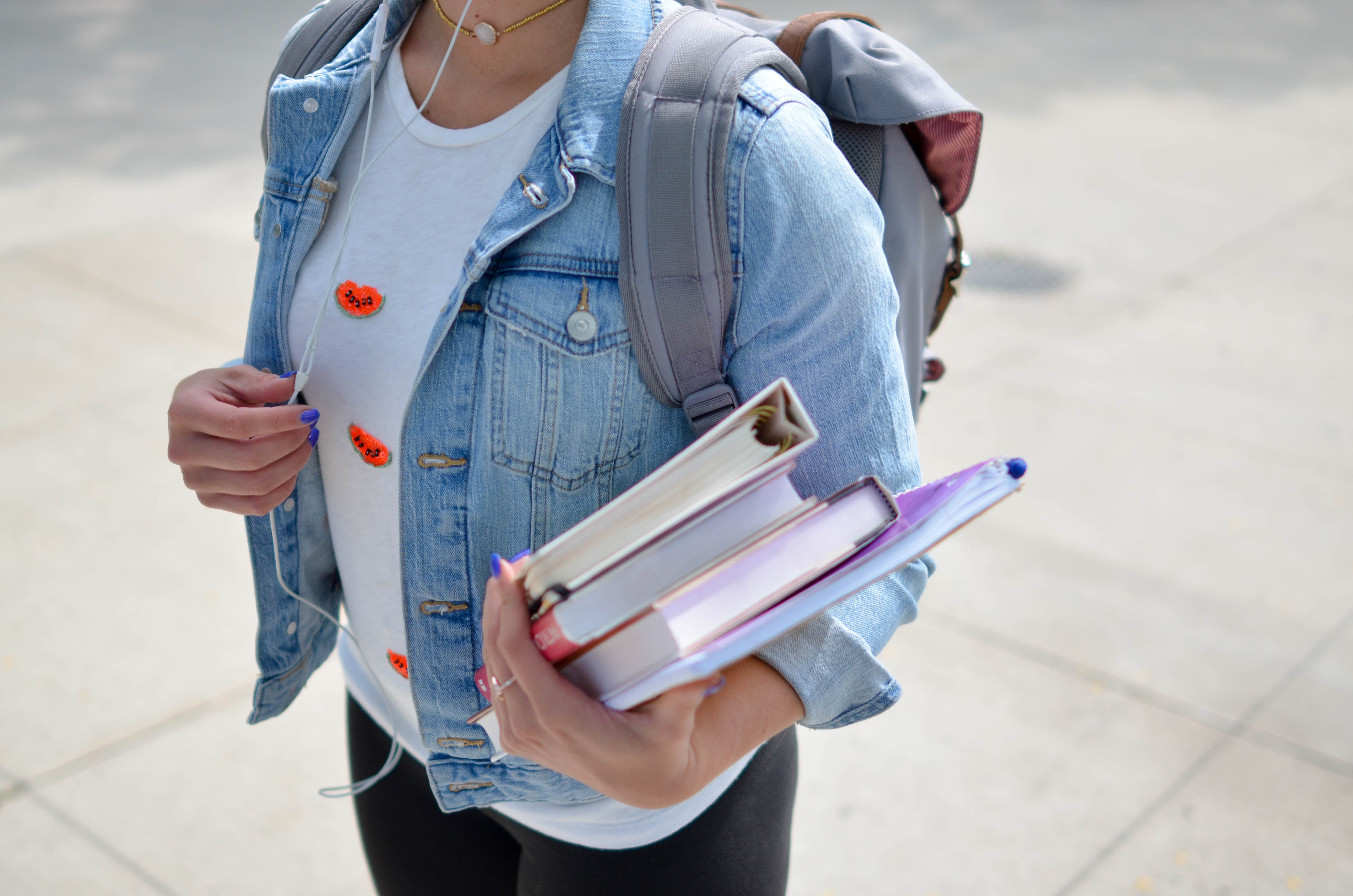
After college, Sue Barlett taught 12th grade English at Central Hower High School in Akron, Ohio for nine years in the 1960s.
When she arrived, Sue was horrified to discover that her students (seniors!) did not know how to read.
And then she learned the reality of their illiteracy: because her students could not read, they could not pass a driver’s license test. And without a driver’s license, they were unable to find decent jobs.
Her students were about to graduate; they were illiterate; and they were destined for poverty.
Sue immediately pitched an idea to the school’s principal. He agreed – he knew the system had failed these students. How could he not support someone who was willing to try something new?
Here’s what she did… Sue went to the local DMV and obtained a copy of the driver’s license exam. She then used the exam as their textbook for the year. She taught her students how to read using the driver’s license exam. At the end of the year, they could read, drive, and forge their future.
When others falter or retreat in the face of hopeless situations thinking, “What could I possibly do?” “Not my problem,” or “This is just how things are,” Sue asked “What difference can I make?” And that conviction made all the difference for her students.
David Brooks, columnist and author of the recently released book, The Second Mountain, wrote, “At some point in life people realize that while our educational system generally prepares us for climbing this or that mountain, your life is actually defined by how you make use of your moment of greatest adversity.”
In our own moments of great adversity, we must remember that the invitation is not to change the world – it’s simply to change someone else’s world.
![]()

